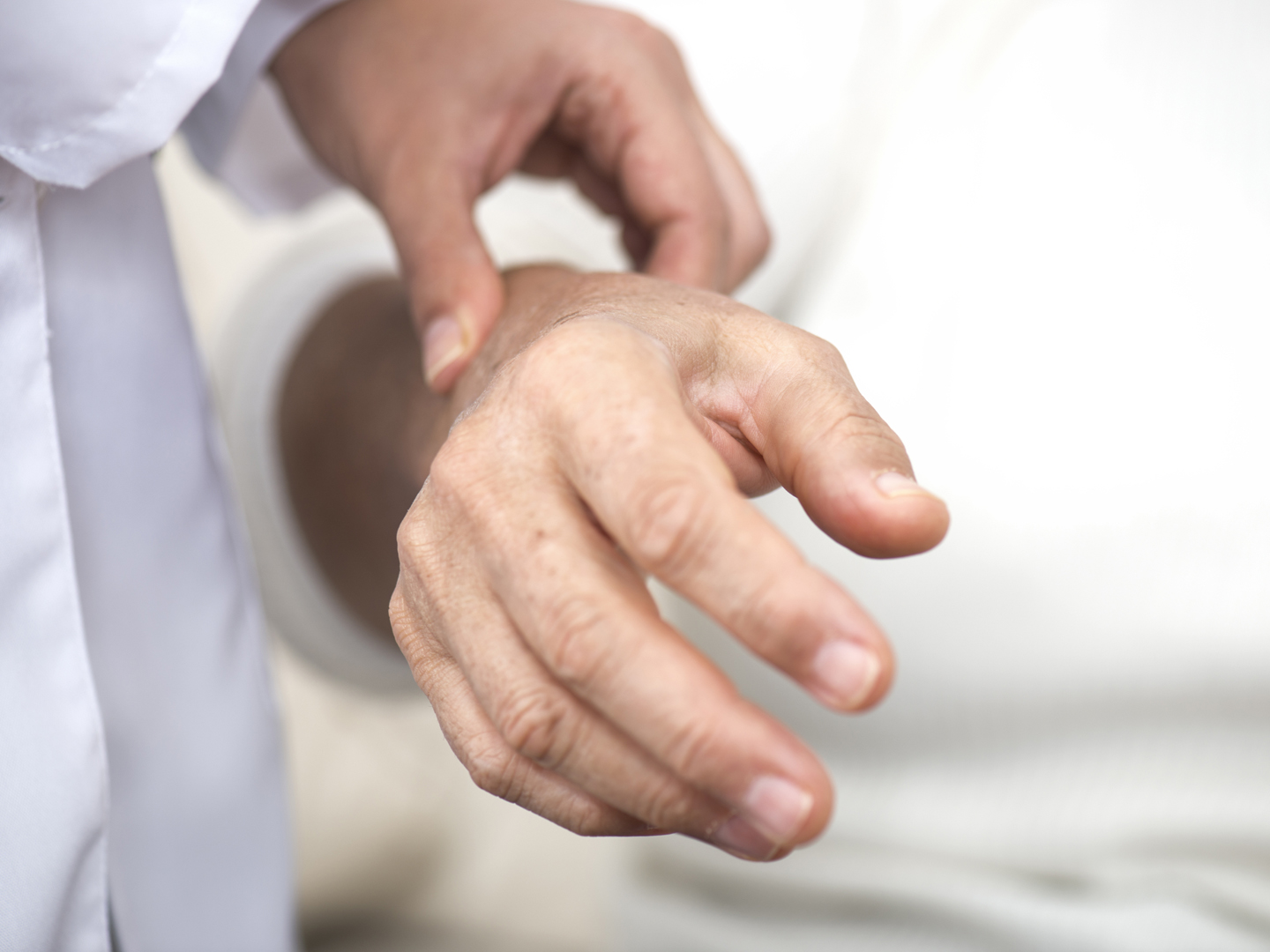Too Many Heartbeats?
I’ve been diagnosed with “premature atrial contractions.” I wore a Holter monitor for 24 hours, and afterward my doctor said I had “quite a few” of these contractions about – 5,000 out of approximately 80,000 heartbeats. What can I do to get rid of this?
Andrew Weil, M.D. | April 9, 2009

Premature atrial contractions (PACs) are extra heart beats that come sooner than normal and may feel as if the heart is skipping a beat. They originate in the heart’s upper chambers, the atria. They’re very common, almost always harmless and as a rule require no special treatment.
The exact cause of these premature beats is rarely found, but they are often worsened by caffeine, alcohol, nicotine, and decongestants. If you routinely consume caffeine and alcohol, smoke, or use decongestants, cutting back or eliminating the use of some or all of them may help.
Because so many PACs were documented by your Holter (a portable electrocardiographic monitor that you wear for 24 hours to capture and record your heartbeats over a whole day), there is a chance that eventually they could evolve into a more serious condition, atrial fibrillation, in which parts of the atria pump too fast and unevenly and don’t fully contract. Instead, they may contract more than five times faster than normal — up to 300–400 beats per minute. This isn’t life-threatening but can lead to other heart problems and interfere with blood circulation, so it would be good to avoid it by getting control of your PAC now. Here are my recommendations:
- Take magnesium supplements (they help stabilize the electrical conduction system of the heart). Start with 250 mg twice a day of magnesium glycinate or chelate).
- Do the relaxing breath exercise (4-7-8) breath to reduce stress that may contribute to PACs.
- Eliminate caffeine. (Remember that in addition to coffee and tea, colas and other soft drinks may contain caffeine. So does chocolate, cocoa and some medications.)
- If you smoke – quit.
- Make sure that you’re sleeping well.
- Take fish oil supplements for general heart health (2-3 grams a day).
Andrew Weil, M.D.









